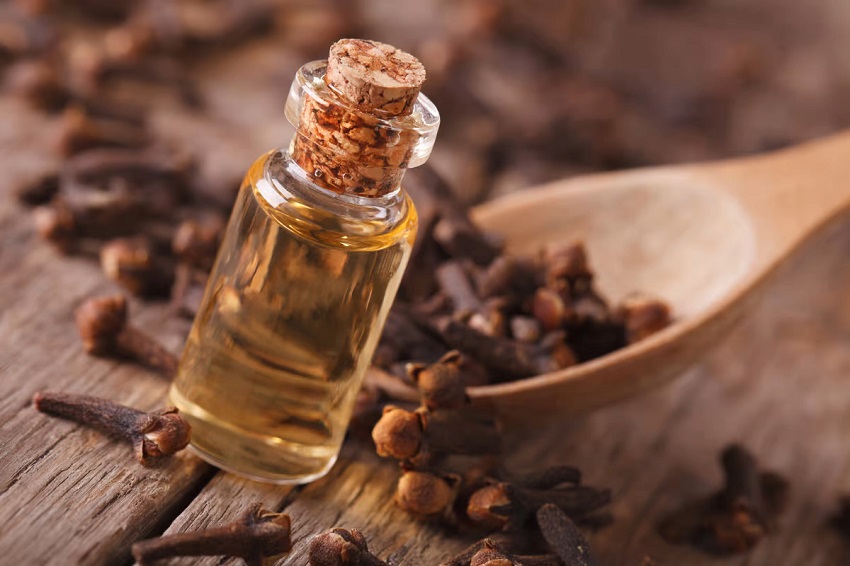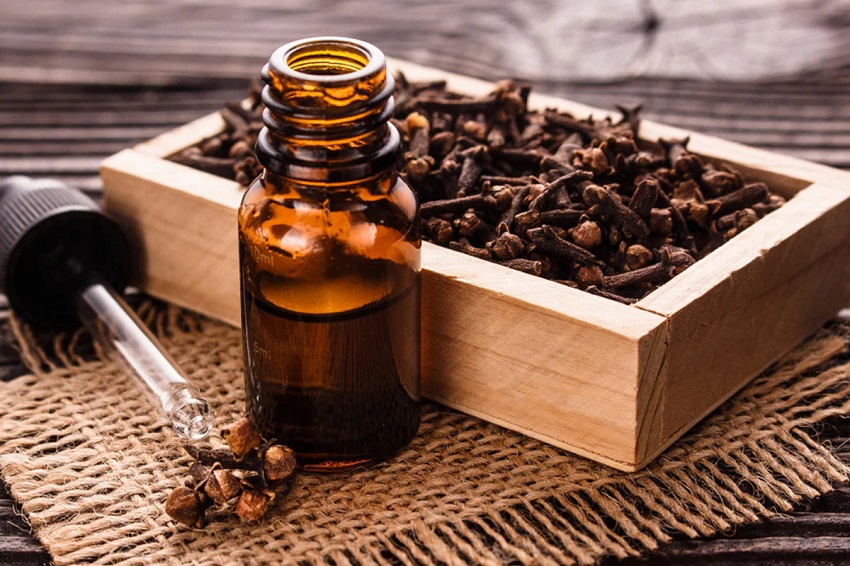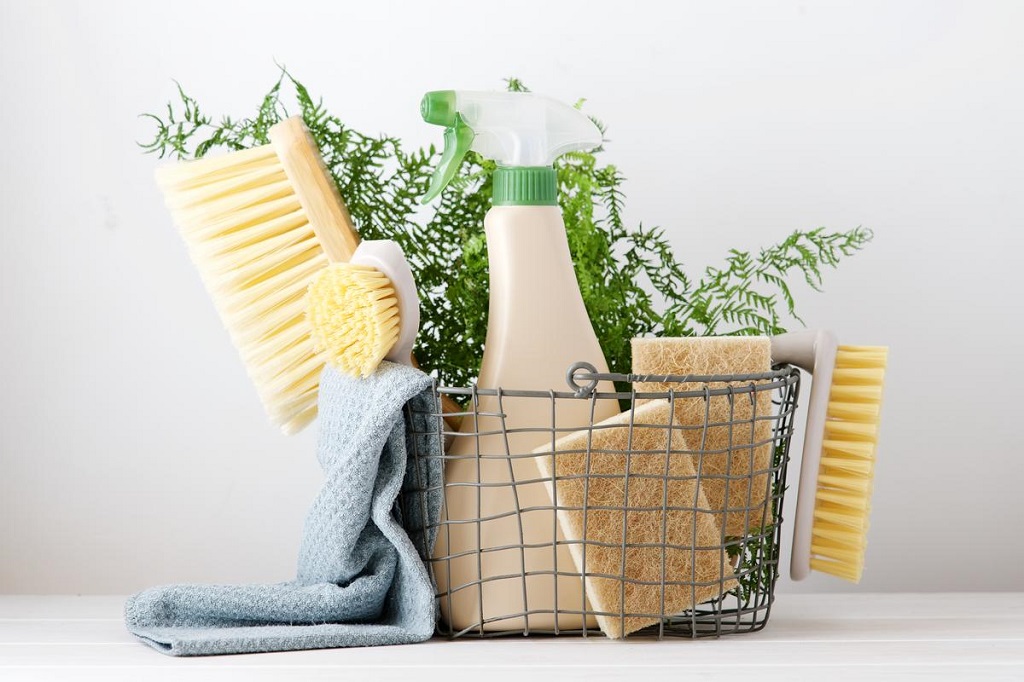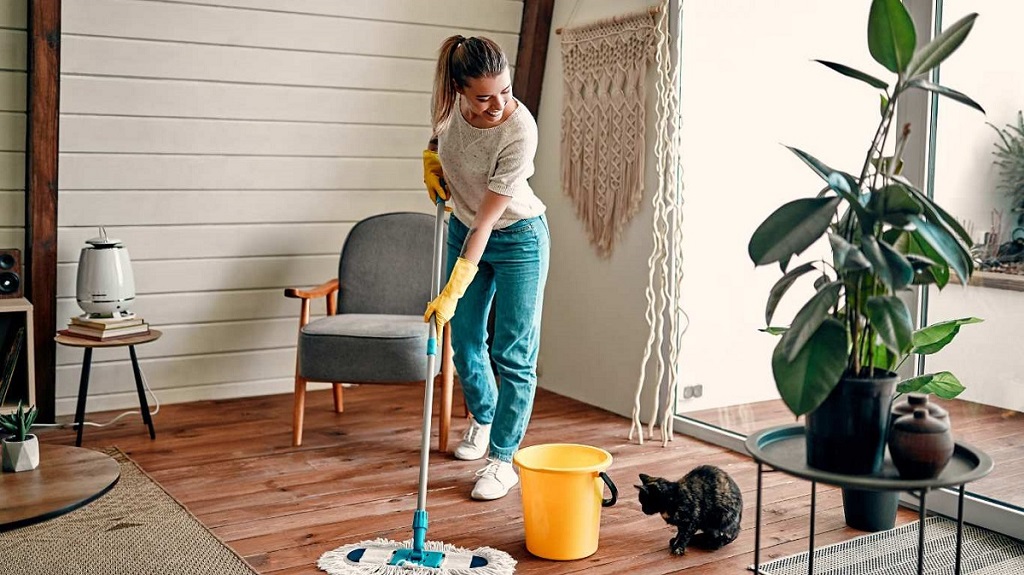Regarding natural remedies for pest control, clove oil has gained significant attention for its insecticidal properties. Derived from the aromatic buds of the clove plant (Syzygium aromaticum), clove oil is known for its strong and distinct fragrance. Besides its culinary and medicinal uses, this essential oil possesses potent insect-killing abilities. In this article, we will explore the reasons behind clove oil’s effectiveness in eliminating bugs and its safe application methods.
What is Clove Oil?
Clove oil is an essential oil extracted from the flower buds of the clove plant. The clove plant, scientifically known as Syzygium aromaticum, is native to Indonesia and is widely cultivated for its culinary and medicinal purposes. Clove oil is obtained through a steam distillation, where the buds are carefully harvested and processed to extract the aromatic oil. Discover does clove oil kill bed bugs?
The Chemical Composition of Clove Oil
Clove oil contains various bioactive compounds that contribute to its insecticidal properties. The primary active component is eugenol, accounting for a significant portion of the oil’s composition. Eugenol possesses strong insecticidal, antifungal, and antibacterial properties, making it an effective natural pesticide. Other compounds found in clove oil include beta-caryophyllene, eugenyl acetate, and methyl salicylate.
How Does Clove Oil Kill Bugs?
Disruption of the Insect’s Nervous System
Clove oil affects the nervous system of insects, leading to their demise. When bugs come into contact with clove oil or ingest it, eugenol interacts with their receptors, causing overstimulation of their nervous system. This overstimulation leads to paralysis and eventual death.
Repellent Properties
Besides its direct insecticidal effects, clove oil is also a powerful insect repellent. Clove oil’s strong and pungent aroma is a deterrent, keeping insects away from treated areas. This property makes clove oil an excellent choice for repelling bugs without causing harm to humans or pets.
Suffocation and Dehydration
Clove oil can also suffocate and dehydrate insects, further contributing to their demise. When applied directly or in spray form, the oil coats the respiratory system of insects, leading to suffocation. Additionally, the oil’s drying effect disrupts the protective outer layer of insects, causing dehydration and, eventually, death.
Safe Application Methods of Clove Oil
To ensure the safe and effective use of clove oil as an insecticide, it is essential to follow proper application methods. Here are some recommended techniques:
Dilution and Mixing
Clove oil is highly concentrated and potent, so it is crucial to dilute it before application. Mixing a few drops of clove oil with a carrier oil such as coconut oil or water helps to reduce its intensity while maintaining its effectiveness.
Direct Application
Clove oil can be applied directly to affected areas or surfaces for targeted control of bugs. Use a cotton ball or cloth soaked in diluted clove oil to wipe down surfaces or areas where insects are commonly found.
Creating Natural Bug Repellents
Clove oil can be combined with other essential oils like citronella, peppermint, or lavender to create natural bug repellents. These blends can be sprayed in rooms, applied to the skin, or used in diffusers to keep bugs at bay.
Effectiveness of Clove Oil on Specific Bugs
Clove oil exhibits efficacy against many common bugs, including mosquitoes, ants, flies, and bed bugs.
Mosquitoes
The strong scent of clove oil acts as a potent mosquito repellent. Applying diluted clove oil to exposed skin or using it in a diffuser helps repel mosquitoes and reduce the risk of mosquito-borne diseases.
Ants
Clove oil disrupts the pheromone trails ants use to navigate, making it an effective deterrent. Spraying clove oil and water along ant trails or directly onto ant nests helps deter and control ant infestations.
Flies
The pungent aroma of clove oil repels flies, making it a natural alternative to chemical fly repellents. Mixing clove oil with water in a spray bottle and applying it to areas prone to fly activity can help keep them away.
Bed Bugs
Clove oil’s insecticidal properties make it useful in combating bed bug infestations. Spraying a diluted clove oil solution on mattresses, bed frames, and other areas where bed bugs hide can help eliminate these pests.
Benefits of Using Clove Oil as an Insecticide
Natural and Non-Toxic
Clove oil is a natural alternative to synthetic insecticides, making it safer for humans and pets. Unlike chemical pesticides, clove oil does not leave harmful residues or pose health risks when used as directed.
Pleasant Aroma
Unlike the strong chemical odor of conventional insecticides, clove oil has a pleasant and aromatic scent. It adds a fresh and natural fragrance to treated areas, creating a more enjoyable environment.
Versatility
Clove oil’s insecticidal properties extend beyond just killing bugs. It can also be used as a repellent, disinfectant, and air freshener, providing multiple benefits in one natural solution.
Precautions and Considerations
While clove oil is generally safe for use, it is essential to consider a few precautions:
- Clove oil should be used in moderation, as excessive use may cause skin irritation in some individuals.
- It is advisable to perform a patch test before applying clove oil topically to ensure no adverse reactions.
- Keep clove oil out of reach of children and pets, as ingestion in large quantities can be harmful.
- Pregnant women and individuals with underlying medical conditions should consult a healthcare professional before clove oil.
Conclusion
Clove oil is a powerful natural insecticide that effectively kills bugs while offering a safe and non-toxic alternative to chemical pesticides. Its ability to disrupt the insect’s nervous system, act as a repellent, and cause suffocation and dehydration make it a versatile tool in pest control. By following proper application methods and considering necessary precautions, clove oil can be invaluable to your pest management arsenal.
FAQs
Is clove oil safe to use around children and pets?
When used as directed and in moderation, clove oil is generally safe to use around children and pets. However, it’s best to keep it out of their reach to prevent ingestion.
Can I use clove oil as a mosquito repellent on my skin?
Yes, diluted clove oil can be applied to the skin as a natural mosquito repellent. Perform a patch test first to ensure there are no adverse reactions.
Does clove oil kill bed bugs?
Yes, clove oil can be effective in eliminating bed bugs. It can be sprayed on infested areas to kill and repel these pests.
Can I use clove oil indoors?
Yes, clove oil can be used indoors. It can be applied to surfaces, diffusers, or mixed with water to create sprays for various bugs.
Is clove oil an eco-friendly pest control option?
Yes, clove oil is considered an eco-friendly pest control option as it is derived from natural sources and does not harm the environment when used responsibly.








